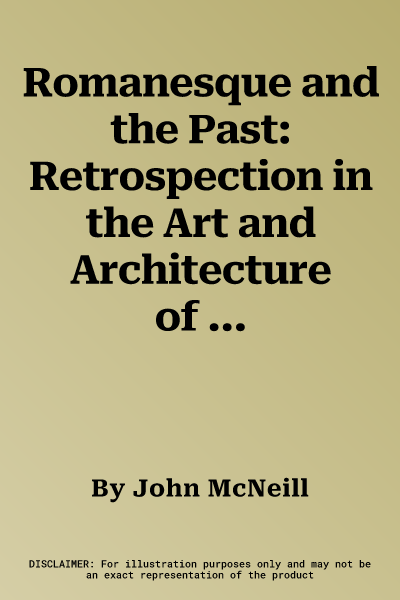The nineteen papers collected in this volume explore a notable
phenomenon, that of retrospection in the art and architecture of
Romanesque Europe. They arise from a conference organized by the British
Archaeological Association in 2010, and reflect its interest in how and
why the past manifested itself in the visual culture of the 11th and
12th centuries. This took many forms, from the casual re-use of ancient
material to a specific desire to re-present or emulate earlier objects
and buildings. Central to it is a concern for the revival of Roman and
early medieval forms, spolia, selective quotation, archaism and the
construction of histories. The individual essays presented here cover a
wide range of topics and media: the significance of consecration
ceremonies in the creation of architectural memory, the rise of
pictorial concepts in 12th-century chronicles, the creation of history
in the Paris of Hugh of St-Victor, and the appeal of the works of
Bernward of Hildesheim and of Hrabanus Maurus in the centuries after
their deaths. There are studies of buildings and the ideological purpose
behind them at Tarragona, Ripoll, Cluny, Pannonhalma (Hungary), La
Roccelletta (Calabria), and Old St Peter's, comparative studies of
Trier, Villenauxe and Glastonbury, and of Bury St Edmunds, Rievaulx and
Canterbury, and wide-ranging papers on the tantalizing evidence for an
engagement with an overseas past in Ireland, an Anglo-Saxon past in
England, and a Milanese past among the aisleless cruciform churches of
Augustinian Europe. The volume concludes with an assessment of the very
concept of Romanesque.

